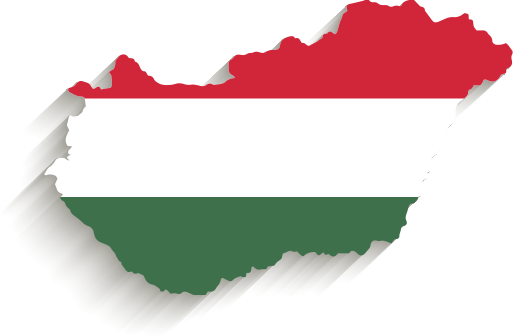(Grant Agreement n. 669194)
(Budapest, 22/6/1936)
Deputy Leader - Inter-State Department of Developed Non-Socialist Countries in Ministry of Foreign Trade (1974-1980)Deputy Minister - Ministry of Foreign Trade (1980-1988)

In the ministry he was responsible for the inter-bloc relations. He represented his ministry during the inter-ministerial negotiations concerning the EEC and CMEA talks.
|
Since the early 1950s he was a Hungarian representative in several international organizations and meetings, he managed the talks with the General Agreement on Tariffs and Trade. However, during the 1980s he rigidly opposed concluding a genera... |
|
Since his vice presidency he was the permanent representative of Hungary in the CMEA, he supervised the talks with the EEC and managed an active economic policy with the Western countries. He did not support to conclude a general trade agreeme... |
|
As a commercial secretary in Brussels he participated the debates of the Socialist embassies, later in Budapest, at the Ministry of Foreign Trade he was the member of the coordination board dealing with the EEC agricultural embargo after the C... |
|
As a diplomat in Brussels, he represented the official Hungarian standpoint, participated several meetings to coordinate the viewpoint of socialist states. However, he built good unofficial relations with the EEC apparatus in Brussels. |
|
A leading expert of Western economies and the EEC in the Ministry of Foreign Trade. |
|
He, as foreign trade minister, had several meetings with EEC representatives. However, he insisted on concluding an agreement with the EEC solely in accordance with the GATT regulation. |
|
Standpoint to negotiations with the ECC
MNL OL XIX-A-2-af 187. d. | M-273/8/984
The deputy minister of foreign trade suggested to launch the talks with Brussels, but intended to submit the issue to the top leadership solely at the last moment: when an agreement would be close to conclude three aspects should take into consideration – whether the contract guarantees Hungary’s commercial rights (in accordance with the GATT). - Available here. |
|
A shortened report on conversation between Marjai and Talyzin on 23 January [1984]
MNL OL XIX-A-2-af 187. d. | 01-23
József Marjai reported about the EEC negotiations to Nikolai Talyzin, Soviet Deputy Chairman of the Council of Ministers, who commended and thanked the continuous Hungarian information on Budapest’s talks with Brussels. - Available here. |
|
Recent developments in relations with the EEC – evaluation and proposal
MNL OL XIX-A-2-af 187. d. | 820/Me
Melega suggested to József Marjai the following tactic: Hungary would send its representatives to the expert level negotiations, but maintain its position concerning discontinuation of the discrimination, refusal of the effective reciprocity. - Available here. |
